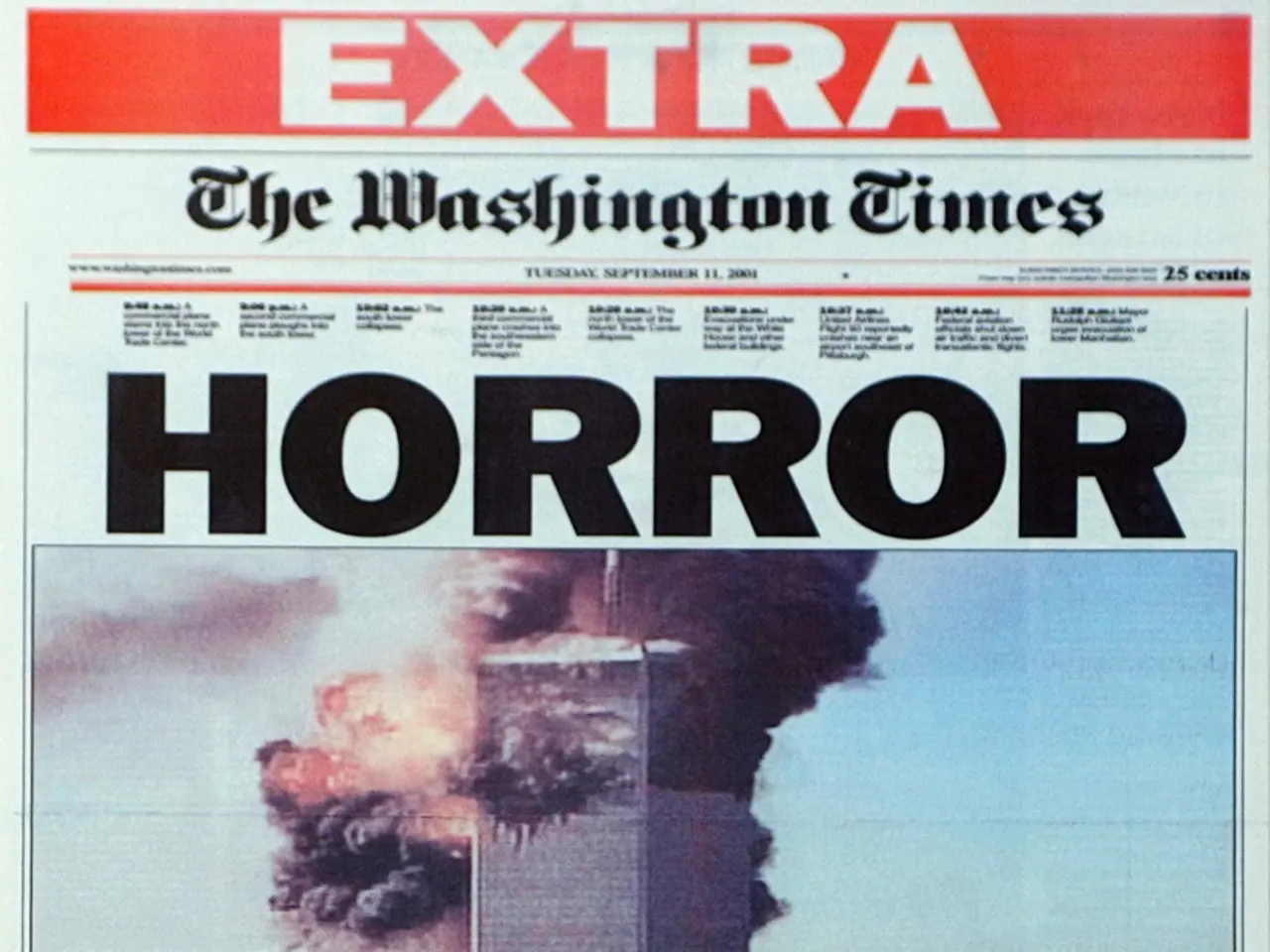Dubai's Status as a Globally Preeminent Business Center and Its Influence on the Short-Term Rental Sector Marketplace
Dubai, the city of dreams and ambition, is more than just a luxury hub; it's a thriving destination for business, finance, and tourism. This city's strategic location and proactive government vision make it a magnet for international conferences, exhibitions, and events. And this bustling conference scene is doing more than just filling Dubai's skies with balloons and confetti - it's transforming the short-term rental market.
In 2024, Dubai bagged a staggering 437 bids for international business events, a whopping 20% increase from the previous year. By 2025, the city aims to host 400 global economic events annually. With events like Gitex, Arab Health, cultural festivals, and major sporting events, Dubai welcomes millions of visitors every year. A significant portion of these attendees are business travelers, delegates, and exhibitors who need flexible, short-term accommodations that go beyond the traditional hotel offerings.
The short-term rental market offers a diverse range of options, from cozy studio apartments to luxurious villas, catering to varied budgets and preferences. During peak conference seasons, the demand for short-term rentals skyrockets, leading to higher occupancy rates that often outperform traditional hotels in prime locations. In Dubai, average occupancy rates for short-term rentals can reach up to 95% during busy periods. This surging demand allows property owners to employ dynamic pricing strategies, with nightly rates for short-term rentals soaring during major conferences and events, offering substantial rental yields compared to long-term leases.
While leisure tourists remain essential, the conference scene brings a distinct type of guest: the business traveler. These individuals seek properties that offer more space, privacy, and amenities conducive to work, such as dedicated workspaces, high-speed internet, and fully equipped kitchens. This has led to a greater emphasis on furnishing and equipping properties to meet the needs of this discerning clientele. Location is critical too, with areas like Downtown Dubai, Business Bay, Dubai Marina, and proximity to the Dubai World Trade Centre experiencing particularly high demand during business events.
Several trends are emerging in Dubai's evolving short-term rental market. While luxury properties have traditionally dominated, there's a growing recognition for mid-market and budget-friendly options. This segment offers attractive returns for investors due to consistent, predictable demand. The short-term rental market is also leveraging technology to enhance efficiency and guest experience, from AI-powered dynamic pricing algorithms and smart home solutions to virtual reality tours for prospective guests. Property management platforms are becoming more sophisticated, providing owners with real-time insights into their property's performance.
In a competitive market, providing exceptional guest experiences is crucial. This means going beyond cleanliness - personalized recommendations, responsive communication, and tailored amenities create a "home away from home" atmosphere. Companies are focusing on creating a comfortable, local experience and offering concierge-style services. The rise of remote work has led to an increase in digital nomads seeking longer-term short-term rentals, with Dubai maintaining its position as a top global destination for remote workers thanks to its attractive visa options and high quality of life.
Regulation plays a significant role in Dubai's short-term rental market. Government bodies such as the Department of Economy and Tourism (DET) have put licensing requirements, quality standards, and tourist fees in place to ensure a structured and secure environment for both hosts and guests. This regulatory framework fosters trust and contributes to the sustainable growth of the market.
Professional property management firms are essential in navigating the complexities of the short-term rental market and maximizing its potential. Companies like Frank Porter offer comprehensive services, handling everything from initial setup and interior styling to dynamic pricing, multi-platform marketing, and round-the-clock guest support. By leveraging technology and expertise, these businesses help property owners maximize their returns while ensuring a seamless and high-quality experience for guests, whether they're business travelers attending a conference or tourists exploring the city.
In conclusion, Dubai's conference scene is a key driver of its surging short-term rental market. The consistent influx of business travelers and conference attendees creates demand for flexible, short-term accommodations, leading to higher occupancy rates and attractive rental yields. As the city continues to expand its global reach and attract diverse visitors, the short-term rental sector is set for further innovation, with technology, professional management, and local experiences defining its trajectory.
- The short-term rental market in Dubai offers various options, from cozy studio apartments to luxurious villas, catering to different budgets and preferences, making it beneficial for both property owners and visitors.
- With the rise of remote work, Dubai maintains its position as a top global destination for digital nomads, thanks to its attractive visa options and high quality of life.
- The evolving short-term rental market in Dubai is leveraging technology to enhance efficiency and guest experience, with AI-powered dynamic pricing algorithms, smart home solutions, and virtual reality tours for prospective guests.
- Regulation plays a significant role in Dubai's short-term rental market, with government bodies like the Department of Economy and Tourism (DET) establishing licensing requirements, quality standards, and tourist fees to ensure a secure environment for both hosts and guests.
- Professional property management firms, such as Frank Porter, are essential in navigating the complexities of the short-term rental market and maximizing its potential, handling everything from initial setup and interior styling to dynamic pricing, multi-platform marketing, and round-the-clock guest support.






